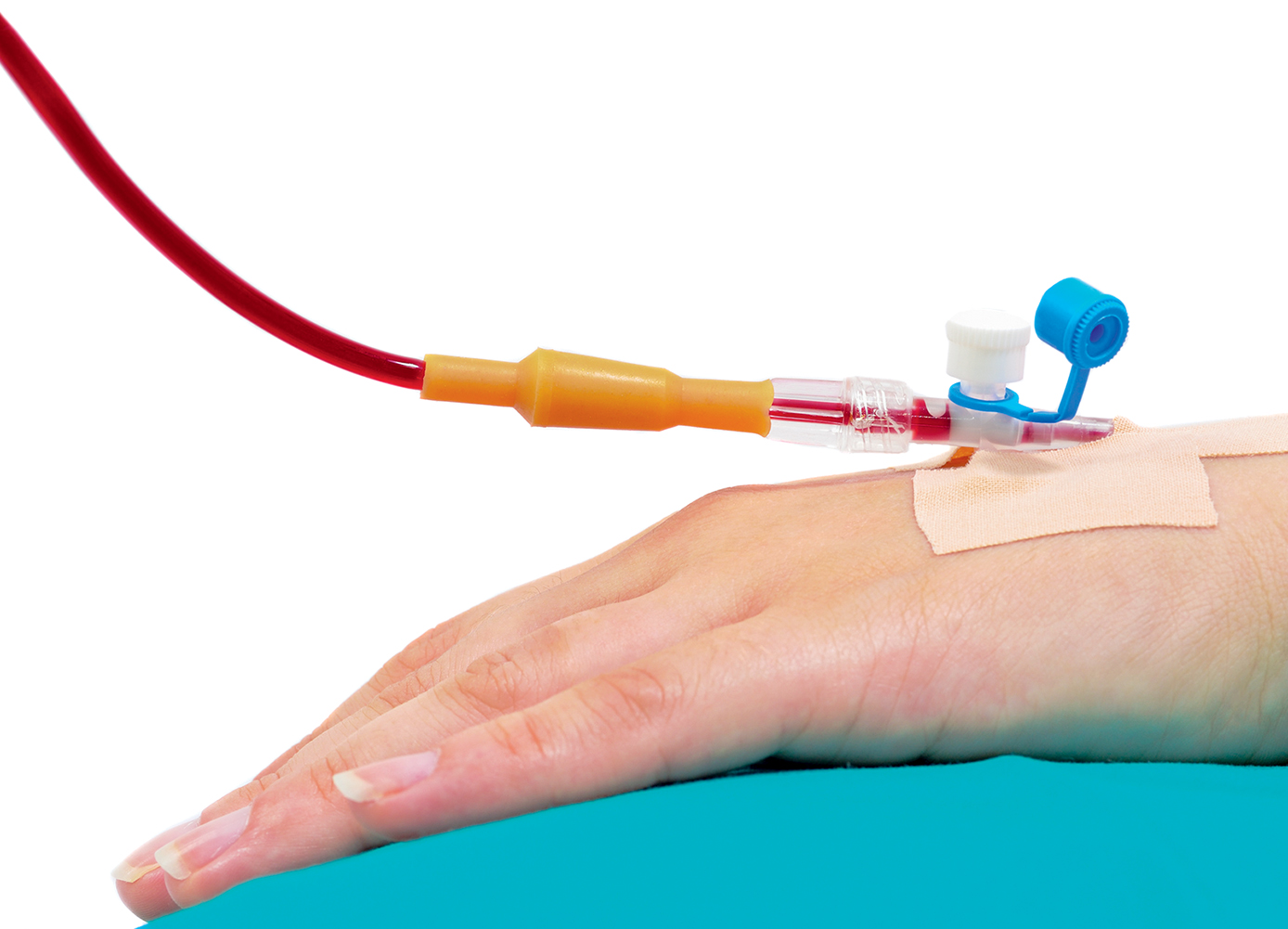By Lola Augustine Brown
It’s early days, but an exciting announcement from Sunnybrook Health Sciences Centre in Toronto suggests a new phase in the treatment of Azheimer’s disease (AD). Researchers there are for the first time testing the use of focused ultrasound to help get therapeutic drugs to the brains of patients with early-to-moderate AD.
The idea is to use non-invasive ultrasound to open up the blood-brain barrier (BBB), which keeps potentially harmful substances from getting to the brain via the bloodstream but also prevents drugs that could treat AD from getting to their target in enough quantities to do any good. Researchers at Sunnybrooke successfully opened the BBB in November 2015 to get chemotherapy to a patient’s brain tumour. Now, in this Phase 1 trial, six AD patients aged 50–85 will have two focused low-frequency ultrasound procedures carried out on their right frontal lobes, first on a small area and then on a larger area. No drugs will be administered—this time; cognitive tests and imaging scans will be used to establish whether the procedure temporarily opened the BBB. If all goes well, researchers will try introducing drug therapies.
“This effort is a small but critical step,” says Dr. Neal Kassell, chairman of the Focused Ultrasound Foundation (which funded the study). Being able to get drugs or antibodies past the BBB, he says, could mean “a new frontier in treating a variety of brain disorders.”
Photo: iStock/KatarzynaBialasiewicz.





